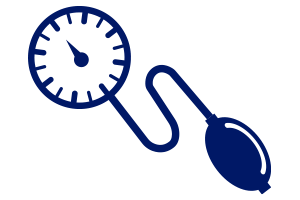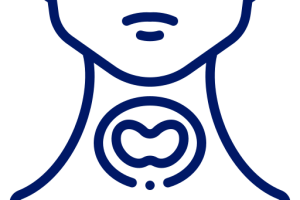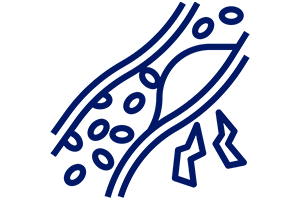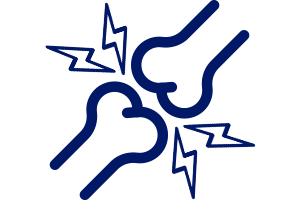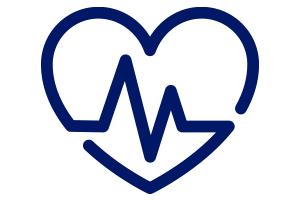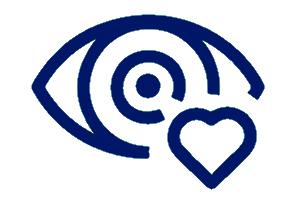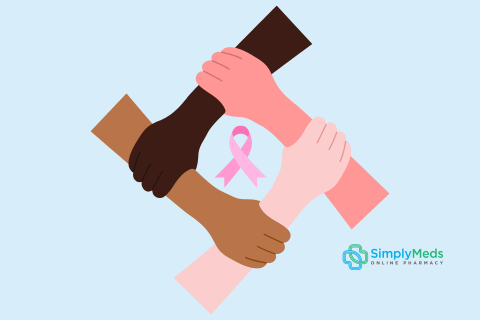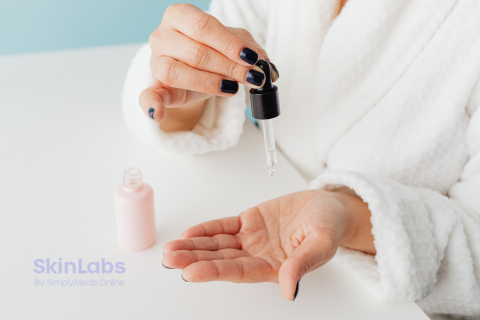Breast Cancer Awareness Month: Prevention is Power
Oct 13, 2025
Women's Health
Every October, the world comes together to mark Breast Cancer Awareness Month. This allows all of us to raise awareness, share stories, encourage screening, and support research. Breast cancer is the most common cancer in women in the UK, but awareness and early detection can save lives.
Prevention, knowledge and support are powerful tools. By understanding the signs, improving lifestyle choices, and breaking down stigma, we can all play a role in reducing risks and ensuring that people receive timely treatment.
For more information, you can visit the Breast Cancer UK Awareness Month page, the NHS breast cancer guide, and Cancer Research UK.
What is Breast Cancer?
There are many different types of breast cancer. Tumours are formed due to changes in your cells. When they divide and continue to do so, the tumours are created. This can begin in different parts of the breast, including the ducts, lobules or tissue. Some breast cancers grow slowly, while others are more aggressive.
In the UK, approximately 55,000 women and 370 men are diagnosed with breast cancer each year. Thanks to advances in research and treatment, survival rates have improved significantly. Detecting breast cancer early, through screening or self-checks, increases the chance of successful treatment.
Risk factors for breast cancer include:
- Age, with most cases occurring in women over 50
- Family history or inherited gene mutations such as BRCA1 or BRCA2
- Lifestyle factors, including diet, alcohol consumption and being physically inactive
- Long-term use of hormone replacement therapy may pose a slight risk (please see this article from Cancer Research and discuss any concerns with your GP)
Prevention is not always possible, but awareness of these risks can help with lifestyle decisions and screening.
Common Symptoms of Breast Cancer
Knowing how your breasts normally look and feel makes it easier to spot any changes. Not every symptom will mean cancer, but any change should be checked by a healthcare professional.
Key symptoms to look out for include:
- A lump or thickened area in the breast or underarm
- A change in the size, shape or feel of one or both breasts
- Skin changes such as dimpling, redness or puckering
- Nipple changes, including discharge, inversion or rash
- Pain or discomfort in the breast that is persistent
The NHS recommends that all women check their breasts regularly and attend routine mammogram appointments when invited. Self-examination is simple and can be done in front of a mirror or while lying down. The more familiar you are with your body, the easier it is to notice changes.
Treatment of Breast Cancer
Treatment options for breast cancer depend on the type, stage and individual circumstances. A multidisciplinary team of doctors will tailor care to each patient.
Common treatments include:
- Surgery: Removing part of the breast (lumpectomy) or the whole breast (mastectomy).
- Radiotherapy: Targeted radiation to destroy cancer cells.
- Chemotherapy: Medicines used to kill cancer cells or stop them from spreading.
- Hormone therapy: Some types of breast cancers can be treated with medicines that can block or reduce hormone levels.
- Targeted therapy: Treatments that focus on specific cancer cell markers, such as HER2-positive breast cancer.
Recovery often involves a combination of these treatments. Side effects vary, but support is available for managing them. Advances in medicine mean that many people live long and fulfilling lives after breast cancer treatment.
Women AND Men Can Get Breast Cancer
While breast cancer is most common in women, although rare, men can also develop breast cancer. Because awareness is lower among men, diagnosis can be delayed.
Symptoms in men are similar to those in women:
- A lump in the chest area
- Changes to the skin around the nipple
- Nipple discharge or bleeding
Men should also check themselves regularly and speak to their GP if they notice changes. Raising awareness that breast cancer affects men too is an important part of reducing stigma and encouraging early detection.
Breast Cancer Help and Support
A breast cancer diagnosis can be overwhelming, not only for the individual but also for their family and friends. Emotional support, practical help and reliable information are all vital.
Support available in the UK includes:
- NHS services: Your GP or hospital team will guide you through treatment and follow-up care. Find more information on the NHS website.
- Cancer Research UK: Offers extensive resources on treatment, clinical trials and living with cancer. Visit Cancer Research UK.
- Breast Cancer UK: Provides education and campaigns for prevention. Learn more at Breast Cancer UK.
- Local support groups, charities and helplines: where you can connect with others who understand your journey.
Lifestyle changes such as eating a balanced diet, maintaining a healthy weight, limiting alcohol and staying physically active can also help with both prevention and recovery. Good nutrition supports the immune system and overall wellness, while exercise boosts energy and mental health.
Taking Action During Breast Cancer Awareness Month
This October, take time to check yourself, encourage loved ones to do the same, and share reliable information. Wearing a pink ribbon, fundraising for research, or volunteering with charities are also great ways to get involved.
Awareness is the first step towards prevention. By knowing the signs, supporting those affected, and promoting wellness in our daily lives, we empower ourselves and others to fight breast cancer.
Breast Cancer: Frequently Asked Questions
1. How often should I check my breasts?
It is recommended to check your breasts once a month. Choose a regular time, such as a week after your period, when breasts are less likely to be swollen or tender.
2. Does having a family history mean I will definitely get breast cancer?
No. A family history increases your risk, but it does not mean you will develop breast cancer. Many people with relatives who have had breast cancer never get the disease.
3. Can lifestyle changes reduce my risk?
Yes. Eating a balanced diet, maintaining a healthy weight, exercising regularly, limiting alcohol and avoiding smoking all help reduce risk.
4. At what age should I start having mammograms?
In the UK, women between 50 and 71 are invited for a free NHS breast screening every three years. If you have a family history or other risk factors, your doctor may recommend earlier or more frequent screening.
5. Are men screened for breast cancer?
Routine screening is not offered to men because the condition is rare. However, men should still check themselves and see their GP if they notice changes.
6. Where can I find emotional support after diagnosis?
There are many resources available, including NHS services, Cancer Research UK, Breast Cancer UK, and local support groups. Speaking with others who have shared experiences can provide comfort and practical advice.
For personalised advice and support, please see your GP.

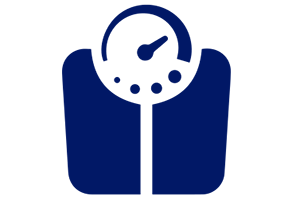



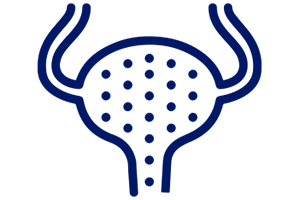
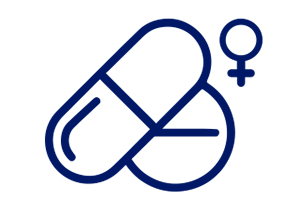


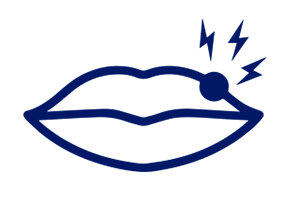
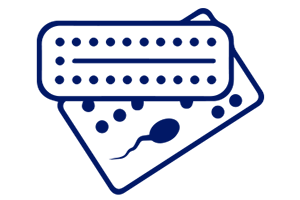

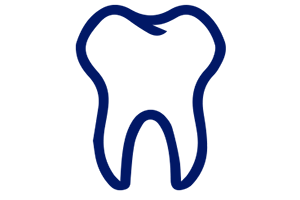

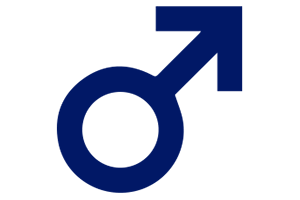
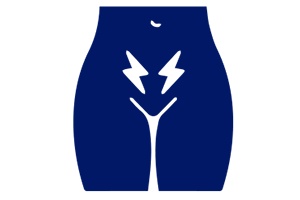

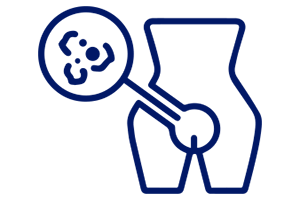







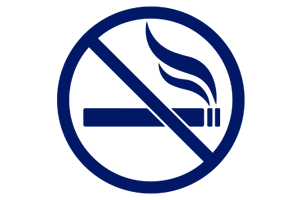
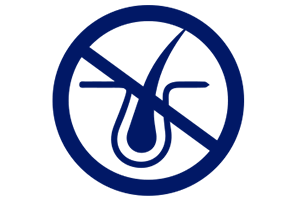


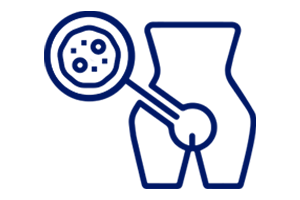
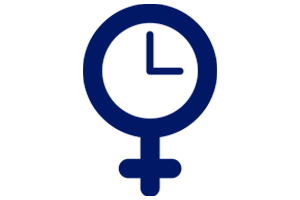
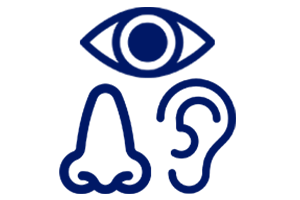





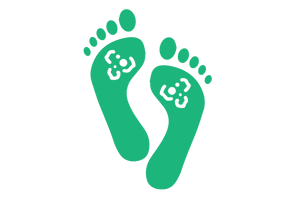



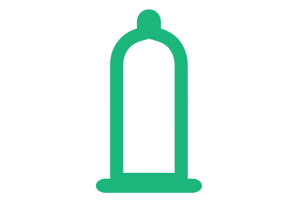
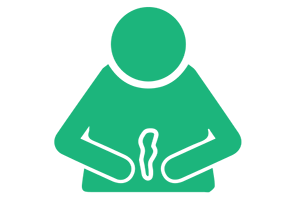
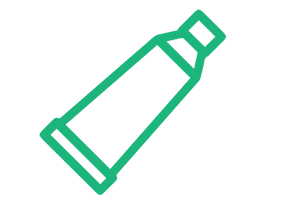


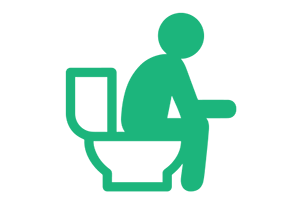

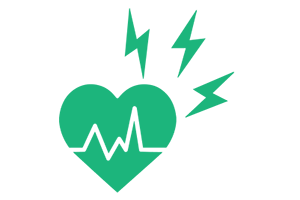

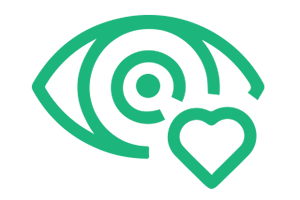
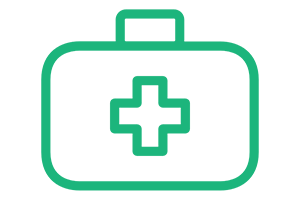

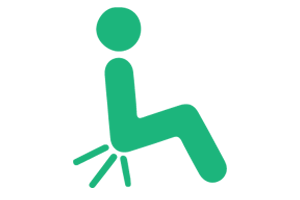
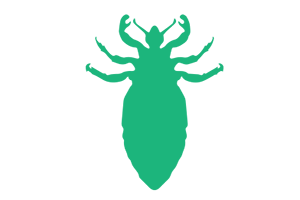


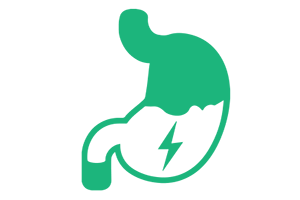



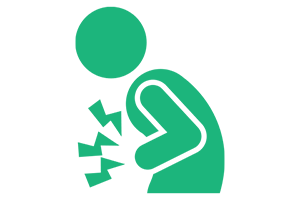
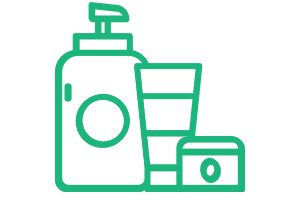
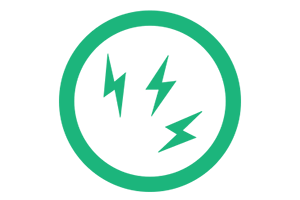




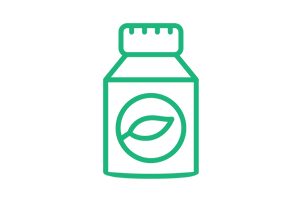




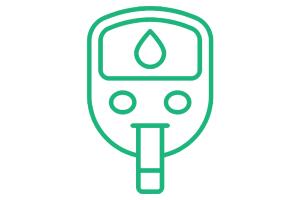





 Account
Account

